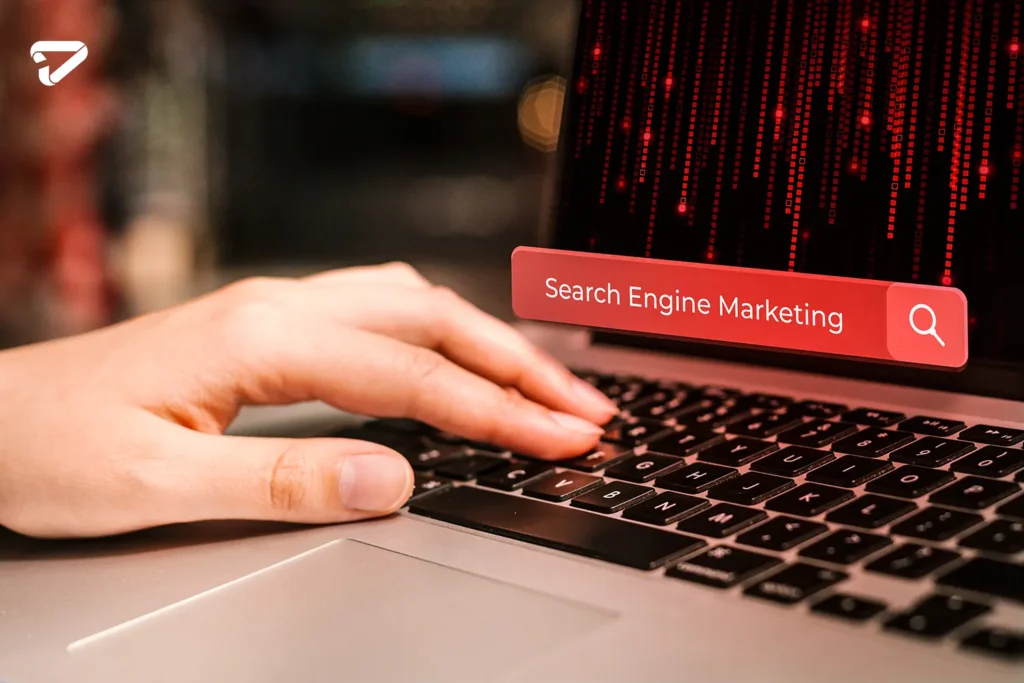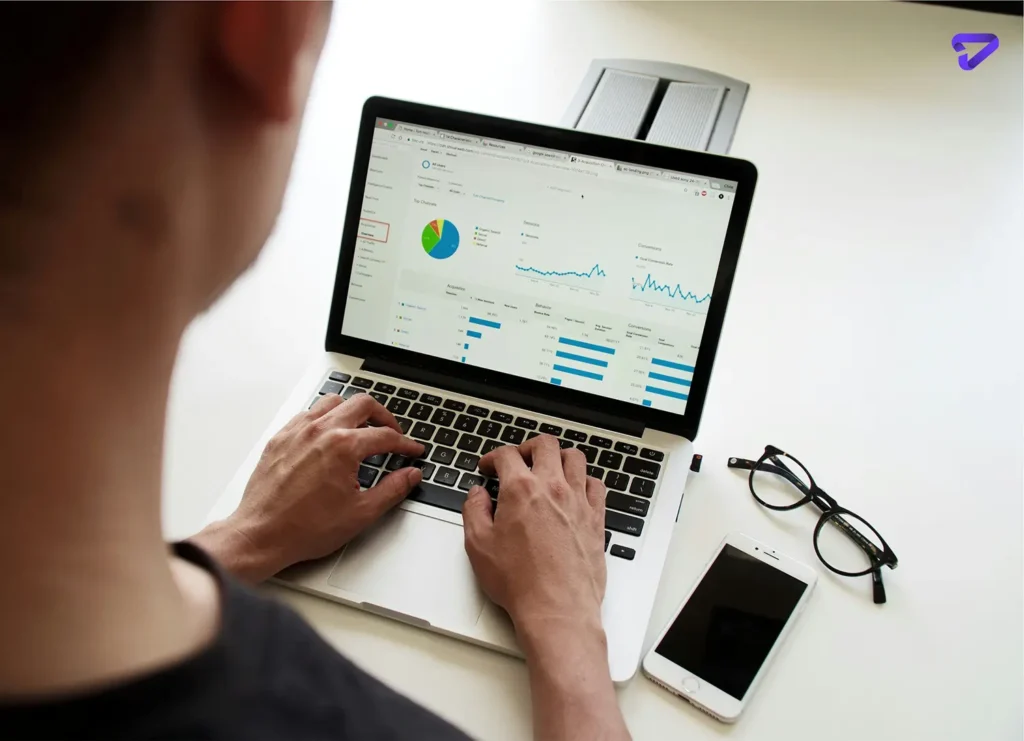
How Much Does It Cost for Google Ads?
How Much Does It Cost for Google Ads? The cost varies significantly depending on factors like industry, target keywords, and campaign goals. In the early days, our people followed animal paths through forests and plains to find food and shelter. Today, modern hunters chart a different trail – the path of paid search. Like ancestral wayfinders, we must read the signs to stay on course. Regarding Google Ads, the foremost question is: How much will reaching new customers cost?
How much does it cost to advertise on google? Like an unseen bend in the trail, the answer depends on many forces. Industry, keywords, and campaigns shape your journey. Patience and wisdom, not speed, bring success. This article will guide you through the winding route of paid search costs.
Defining the Trail: What are Google Ads?
Google Ads are the company’s pay-per-click (PPC) advertising system. You create ads, bid on keywords, and set the maximum you’ll pay per click. In the auction model, advertisers compete for ad placement by bidding against each other. If you bid higher than a rival for a keyword, your ad appears above theirs on search results.
The beauty of Google Ads is you only pay when someone clicks your ad, not just to display it. You can control costs by setting a daily maximum spend. With mindful budgeting, your business can harness Google Ads without straying beyond your means.

Reading the Markers: Factors that Influence Cost
How much does it cost to run google ads? Many factors shape your potential Google Ads spend. Like a forking path, pricing depends on your choices. Industry, geography, keywords, and campaign quality all impact cost per click (CPC). Let’s explore these guideposts.
Industry Influences Journey
Your industry heavily influences the average CPC. Highly competitive and popular sectors see greater bids. For instance, Google Search Network charges $3.33 per click for B2B, $1.16 for e-commerce, and $6.75 for legal ads. Display Network CPCs are generally lower within the same sectors.
The legal industry provides a prime example. Law firms compete aggressively for clicks, bidding up costs. But a local plumber may pay just pennies per click in their less crowded market. Understanding your niche’s landscape helps anticipate costs.
Country Shapes Terrain
Location matters, too. Google Ads costs more in countries with higher costs of living. In Europe, the 2018 average CPC was lowest in Poland ($0.17) and highest in Switzerland ($0.80), Norway ($0.77), and the UK ($0.71). Advertising in wealthier nations brings greater competition and potential rewards.
Regional marketing budgets also impact CPCs. Advertisers in countries that heavily prioritize digital spend, like China and Japan, face steeper pricing due to high demand. But in emerging markets, paid search remains relatively affordable. Checking average costs in your country provides an initial benchmark.

Customer Lifecycle Sets Pace
Your customers’ decision-making timeline also impacts costs. If it takes longer to convert prospects, they may visit your site multiple times before finally making a purchase. Stay top of mind throughout their journey with consistent ads.
For example, someone buying jewelry may take weeks or months to research before purchasing. Maintaining presence in the long run requires a higher budget. However, impulse shoppers who click and buy immediately are more affordable to attract.
Keywords Mark the Trail
Your ad targets one of four key search intents:
- Informational: Researching a topic
- Navigational: Seeking a specific site
- Commercial: Comparing products
- Transactional: Ready to buy
The first two rarely convert immediately. But commercial and transactional searches signal readiness to act. Matching keywords to intent improves conversion potential.
For instance, a searcher querying “where to buy wood carvings” has transactional intent. Their need makes them primed for your custom-carved art shop. But someone querying “Native American symbols” may only want information. Ad relevance boosts results.
Quality Score Impacts Conditions
Your Quality Score (QS) directly influences CPC and ad rank. A higher QS means lower CPC and better ad placement. Google recommends a minimum QS of 5. Scores above five decrease CPC, while those below 5 increase it. The lowest QS of 1 boosts CPC by 400%, while the maximum 10 reduces CPC by 50%. QS is based on landing page quality, keyword relevance, and past performance.
Optimizing QS takes work – creating targeted landing pages, organizing tight ad groups, researching keywords, and analyzing metrics. But it pays long-term dividends through reduced costs and visibility. Invest time in improving QS.

Arriving at Your Destination: Is Google Ads Worthwhile?
Like any path, Google Ads requires work to yield returns. Proper management reaps the rewards; missteps waste money. How much budget do I need to start Google Ads? On average, data shows every $1 spent on Google Ads generates $2 in revenue. However, outcomes vary by business.
Small businesses can profit from Google Ads with mindful preparation and reasonable expectations. Study your market, start with a small budget, refine keywords, and continuously optimize performance. Patience and watchful analysis will reveal what works.
Though costs may rise over time, efficient scaling brings sustainable growth. Consider your goals, then set budgets and bids accordingly. With the right approach, Google Ads can drive conversions without draining resources.
What Makes Google Ads Well-Suited for Small Businesses?
Google Ads is a pay-per-click (PPC) advertising platform where companies create text, display ads, and pay when users click them. Ads appear on Google and partner sites. Several vital advantages make Google Ads a practical choice for small businesses:
- Cost-effective – Only pay when your ad gets clicked, not just for displaying it. Easily control spending.
- Measurable – See accurate data on ad performance. Identify winning keywords and optimize efforts.
- Flexible – Modify and pause campaigns anytime. Make changes based on performance.
- Reach – Ads can appear when users search for terms related to your business on Google. Expand reach across Google’s network.
- Easy to Use – User-friendly ads interface. There is no need for coding or design skills to create and manage campaigns.
Is Google Ads Worth It for Small Businesses? Yes, it can be highly effective in driving targeted traffic and generating quick results, provided the campaigns are well-managed and strategically focused.
With strategic use, Google Ads provides an achievable way for small companies to attract targeted traffic, boost visibility, and compete with bigger brands.

Final Words
While daunting at first, the paid search journey need not be arduous. Challenges call on us to learn and adapt. By responding wisely, we make progress. Businesses can navigate Google Ads successfully with an eye on the horizon and feet on the path. It takes care, intuition, and letting one’s purpose guide the way. The road holds promise for those who walk it with open eyes, and we at our google ads in charlotte ensure this happens. contact with banabak agency and get to know about your business marketing.








